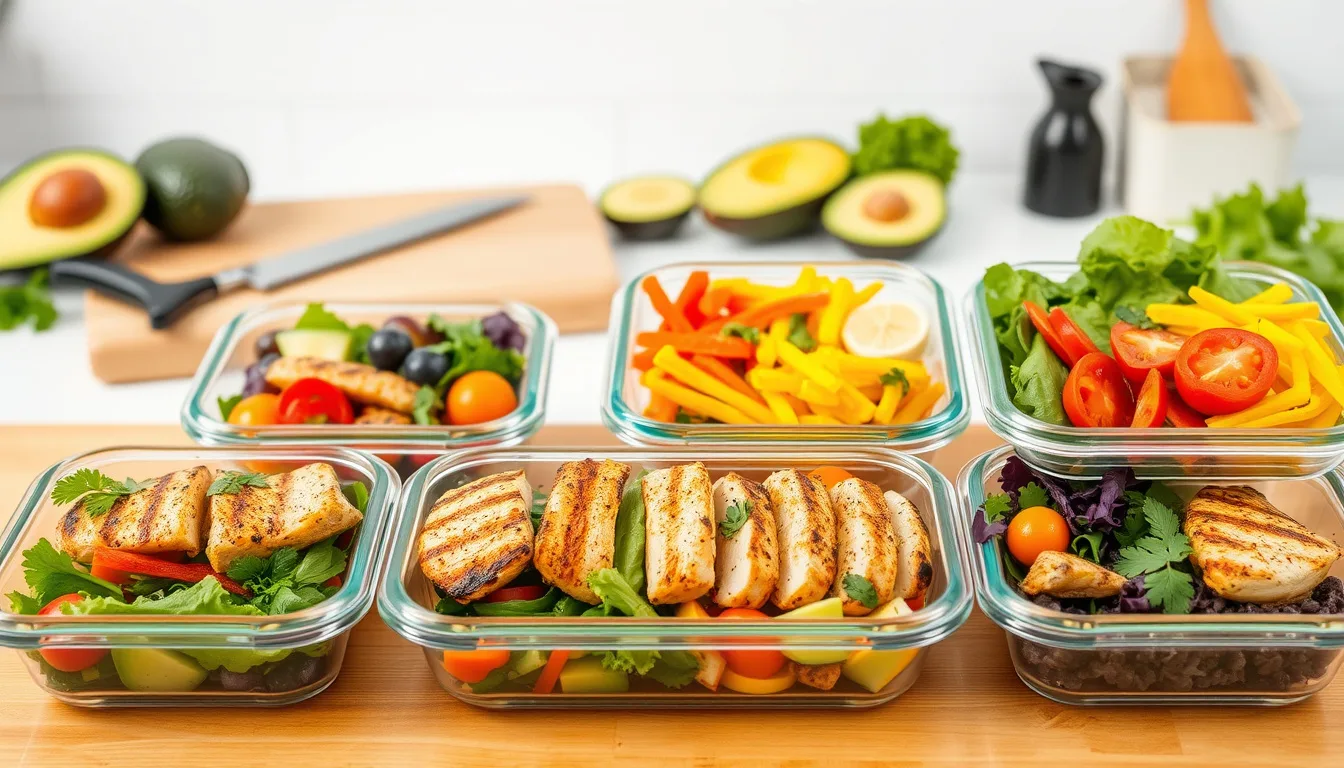
The zero carb diet gains much attention in the health and wellness scene. It helps with weight loss and overall health by cutting carbohydrates completely. The diet focuses only on proteins and fats. You may lose extra pounds, keep blood sugar steady, and enjoy clearer thinking. In this article, we look at the zero carb diet benefits, how it works, and what to expect when you try this lifestyle.
Understanding the Zero Carb Diet
A zero carb diet means you eat foods with almost no carbohydrates. This plan cuts out bread, pasta, fruits, vegetables, grains, legumes, sugars, and processed snacks. Instead, it uses animal foods like meat, fish, eggs, and fats such as butter and oils. Some people also drink water, coffee, or tea that does not have any additives.
The idea is simple: when carbs are removed, the body uses fat for energy. With no sugar available, your body burns fat faster. This shift helps with weight loss and brings many health benefits.
Key Zero Carb Diet Benefits
1. Accelerated Weight Loss
Many people choose the zero carb diet to lose weight. Carbs can boost insulin levels, a hormone that makes the body store fat. When you cut out carbs, insulin drops. This drop allows stored fat to burn for energy. Many dieters see quick results from losing water weight and then more steady fat loss.
2. Improved Blood Sugar Control
For people with insulin resistance or type 2 diabetes, this diet helps keep blood sugar steady. Since carbs affect blood sugar the most, removing them stops sharp rises and drops. This change can help the body work better with insulin.
3. Clearer Mental Focus
High-carb meals can sometimes leave you tired and fuzzy. When the brain uses fat for energy, many people find that their thoughts become clearer and they can focus better. This switch can make thinking and remembering easier.
4. Lowered Inflammation
Long-term inflammation can cause many health issues such as heart disease and arthritis. Foods full of refined carbs may increase inflammation in the body. A diet that focuses on whole animal foods might lower levels of inflammation and support a healthy immune system.

5. Appetite Control
Many who follow this diet say they feel less hungry. Foods rich in protein and fat tend to keep you full longer. This helps control how much you eat, which is useful when you want to manage your weight.
What Foods Can You Eat on a Zero Carb Diet?
Following a zero carb diet means you make careful food choices. Here are the main foods for this plan:
- Beef, pork, lamb, and other red meats
- Poultry such as chicken and turkey
- Fish and shellfish like salmon, cod, and shrimp
- Eggs from chicken, duck, or quail
- Animal fats such as tallow, lard, butter, and ghee
- Organ meats including liver and kidney
Foods from plants are mostly left out because they have carbohydrates. Some dieters drink coffee and tea but choose them plain, without milk or any sweetener.
Potential Considerations and Challenges
While the zero carb diet brings many rewards, there are some points to keep in mind:
- Nutrient Risk: Without fruits and vegetables, you might miss some vitamins, minerals, and fiber. A plan or the use of supplements can help keep levels balanced.
- Social and Lifestyle Changes: Eating out or joining events can be more difficult. It may take extra planning and a steady commitment.
- Early Adaptation: During the first days, you might feel tired, get headaches, or feel moody. This is often called keto flu.
It is wise to talk with a healthcare professional before starting, especially if you have any health concerns.
How to Get Started: Simple Steps to Adopt a Zero Carb Diet
Here is an easy-to-follow approach:
- Clean Out Your Pantry: Remove foods like bread, pasta, cereal, and sugary treats.
- Stock Up on Zero Carb Staples: Buy fresh meats, eggs, and animal fats. Choose quality food when you can.
- Plan Your Meals: Create simple recipes that mix meat and fat. Try different animal proteins to keep variety.
- Keep Hydrated and Balance Electrolytes: Drink plenty of water. Use salt or electrolyte supplements as needed.
- Monitor Your Progress: Keep an eye on your weight, energy, and overall well-being.
Frequently Asked Questions About the Zero Carb Diet
Q1: Is the zero carb diet safe for everyone?
A1: Many people can follow this plan safely. Still, it may not work well for pregnant women, those with certain health problems, or anyone with a past of eating issues. It is best to ask a doctor first.
Q2: Can I eat vegetables on a zero carb diet?
A2: Traditional zero carb diets do not include vegetables because they bring carbohydrates. Some dieters choose a very low carb plan and add tiny amounts of low-carb greens.
Q3: How quickly will I see results with a zero carb diet?
A3: Results can differ from person to person. Some notice weight loss and more energy in just one week, while more changes come with time.
Scientific Insights Into Zero Carb Diet Benefits
Research on low or zero carb diets shows promising results for weight loss and overall metabolic health. One study in a well-known medical journal found low-carb plans helped with greater weight loss over a year when compared to low-fat diets. These results match many personal experiences and suggest better blood sugar control and improved heart health.
Conclusion: Unlock Powerful Health and Weight Loss with Zero Carb Living
Zero carb living provides a strong option for those aiming for weight loss and better health. Focusing on proteins and fats makes your body burn fat for energy. This change can keep blood sugar stable, lower inflammation, and improve mental function. It takes dedication and a few changes in daily habits, but the rewards can be significant.
If you want to take charge of your health and let your body burn fat naturally, try the zero carb diet. Start slowly, pay attention to how you feel, and speak with a doctor if you need guidance. Enjoy this new way of eating and feel what a zero carb life can do for you!
[center]Always consult with your doctor prior to making drastic diet changes.[/center]
[center]As an Amazon Affiliate, Savvy Keto makes a small commision (at no extra cost to you) on any purchases you make thru affiliated links you click on.[/center]




